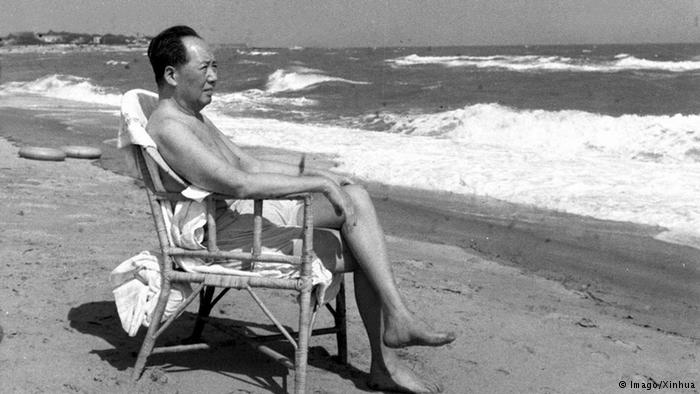China’s state media have contradicted reports that the country’s leaders have convened in Beidaihe, a summer seaside retreat that for decades served as the backdrop for secretive meetings among senior government officials.
ENN Weekly, a business news publication operated by government mouthpiece Xinhua, told observers yesterday to “stop waiting” for a comeback of the closed-door conclave, refuting reports from Hong Kong and abroad that a revived version of the meeting had begun earlier than expected.

Situated within the Hebei city of Qinhuangdao, where the eastern end of the Great Wall meets the Bohai Sea, Beidaihe has been the site of closed-door annual meetings between top-level apparatchiks. It is sometimes referred to as “China’s Camp David.”
Speculation around this year’s summit centred around the presence of Politburo Standing Committee member Liu Yunshan, who arrived in Beidaihe on Wednesday to attend a conference of researchers and academics on behalf of President Xi Jinping.
Liu also serves as president of Central Party School and head of the Party’s Central Propaganda Department.
Earlier reports indicated that the 13th Five-Year Plan for 2016-2020, as well the country’s recent stock market woes, economic slowdown and personnel changes, would be the main items on this year’s agenda.

After being connected to Beijing and Tianjin by British railway engineers in the 1890s, the village quickly became a popular destination for foreign diplomats and wealthy Chinese escaping the oppressive Beijing summers.
In 1954, Mao decided to move Communist Party and government agencies there to work in the summer—begetting a tradition that was interrupted by the Cultural Revolution and later resumed by Deng Xiaoping.
For years the meeting was considered an important political barometer in determining the agenda for the plenary session of the Communist Party’s Central Committee, held each autumn in Beijing. Top officials continued returning to the resort until 2003, when then-president Hu Jintao called for an end to the annual migration.
Hu’s move was intended to signify his administration’s commitment to working through party and state mechanisms rather than informal, clandestine gatherings.
Although China’s leaders have continued to retire to Beidaihe and hold important meetings there. Many China watchers view this as a continuation of the tradition, though official media maintains that these do not fall into the same category as the famous Beidaihe talks of the past.
Since 2001, over 800 experts in various fields have enjoyed state-sponsored vacations in Beidaihe at the central government’s invitation.
